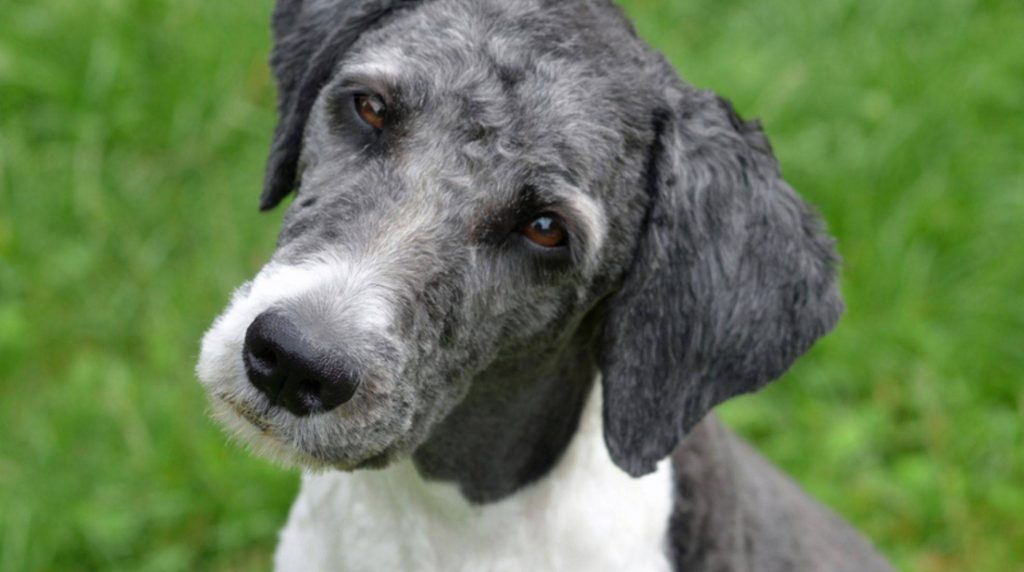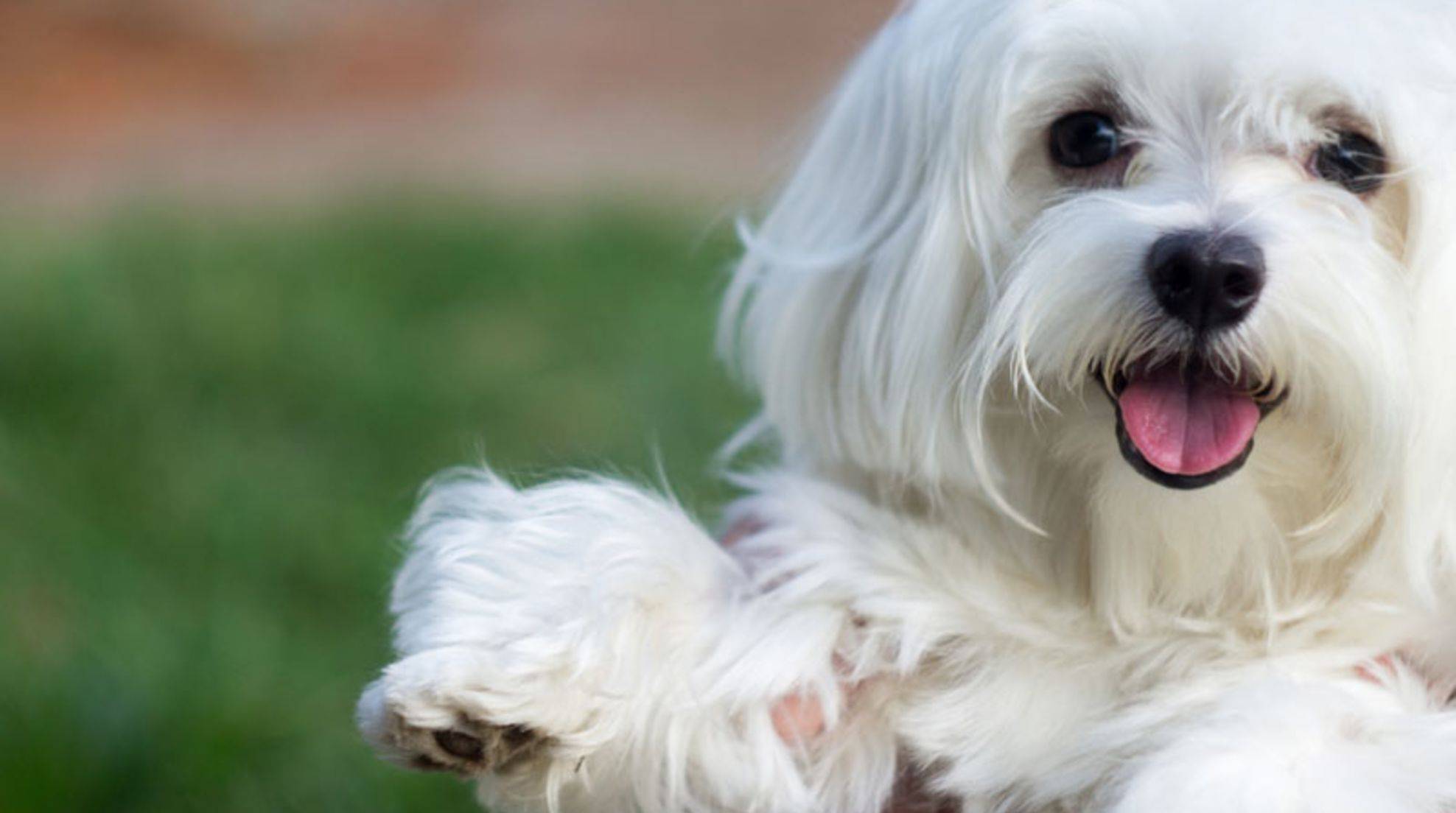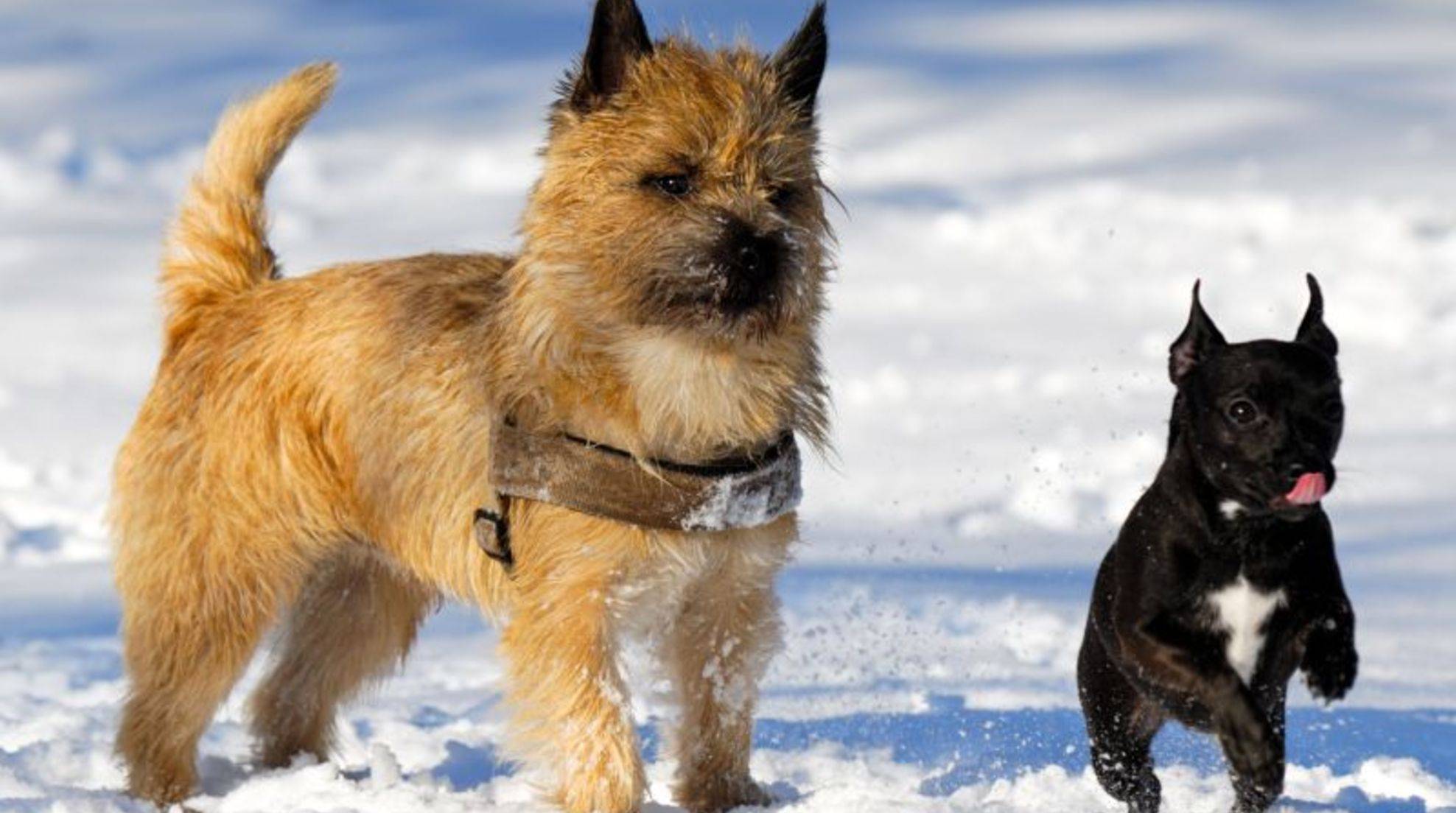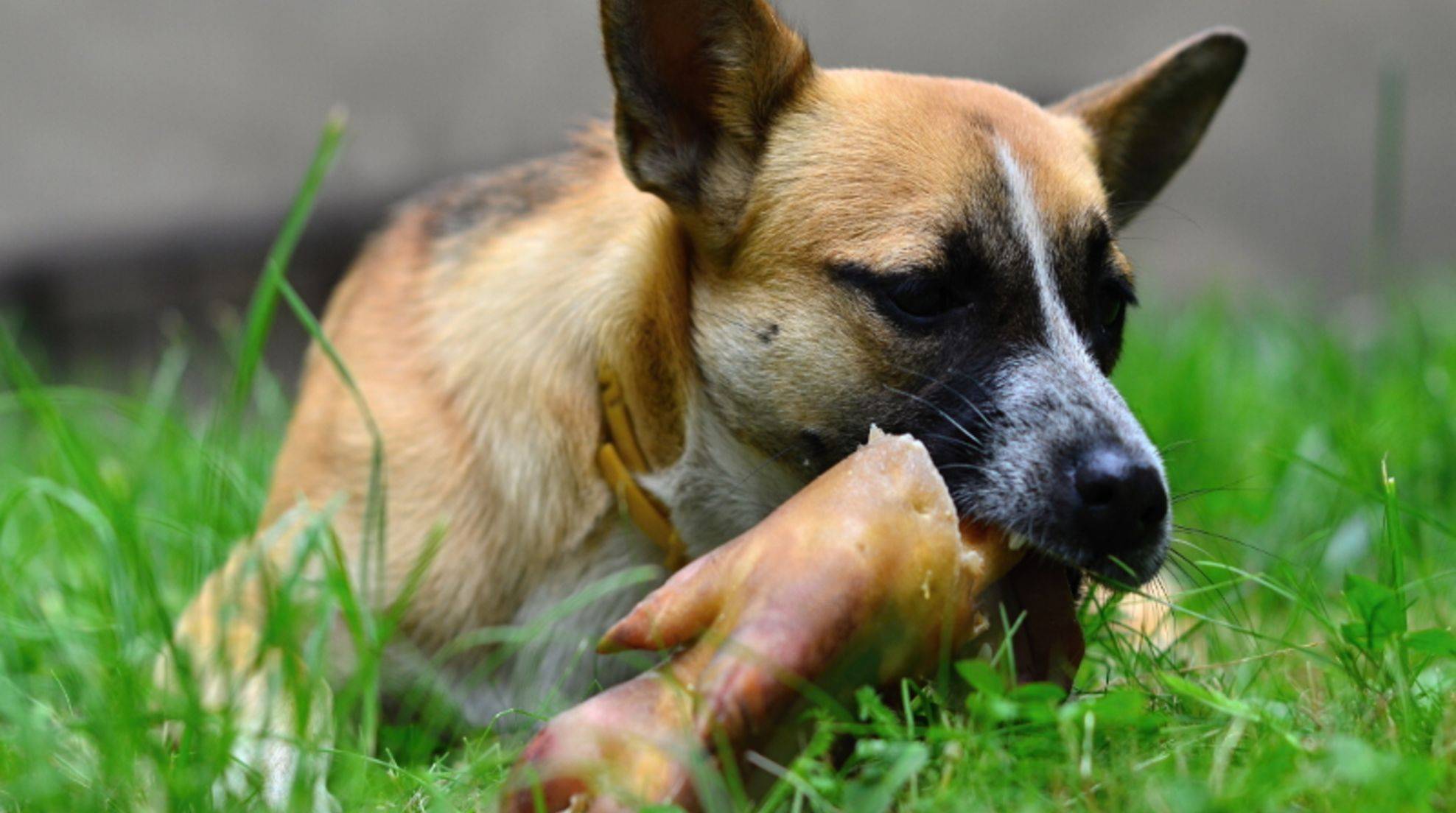Adopt old dog: 5 good reasons
If you want to adopt an old dog, it’s not only a good deed, but you’re sure to get a grateful new friend in your life. The benefits of having an old dog are many. Here are five good reasons to adopt a four-legged senior.
If you want to get a dog, you may first think of a cute little puppy. However, senior dogs are no less lovable and even have advantages over young dogs. In any case, there is no such thing as “better” or “not better” – everyone should know for themselves which animal partner they would like to give a home to.
- you get what you see
When you adopt an old dog, you don’t get a pig in a poke, but a dog that already has a trained character. Thanks to his experience, a senior woof is usually very consolidated and no longer changes too much, as is often the case with a puppy. Also visually will not change much more, except that the aged quadruped possibly gets a few more gray hairs.
- adopt an old dog and enjoy the peace
One thing in advance: even if a dog is older, it does not mean that he just lies around in the corner and dozes. Many senior dogs are very active into old age and need both physical and mental exercise. That said, an old dog is usually much calmer and more laid back than a youngster. They have fewer bumbles in their butts and are more relaxed about many situations, which makes them very sociable. Also, older domestic wolves usually don’t need quite as much exercise as young dogs. Therefore, old dogs are also very suitable for human seniors, who may also be happy not to always have to go on the very big walk.
- a lot of love and gratitude
If you adopt an old dog from the shelter – possibly one that has not always had an easy life – you can be sure of one thing: Your dog will be eternally grateful. A rescued dog knows that it owes a lot to its rescuers. They will not only gain a loyal partner, but will also be given a lot of love.
- an old dog does not have to learn much more
Even if you adopt an old dog, you need to give it the proper education. Nevertheless, an experienced four-legged friend has already learned many things in life and has already internalized the basics of dog training in the best case. Of course, this, like all the other points here, does not apply to every pelt nose – every dog is ultimately different and has a very individual life story. Some have therefore also been brought up better, others worse.
- old dogs want to learn a lot
Even old dogs can and want to learn new tricks. The fact that a four-legged friend may already have a lot up his sleeve does not mean that thirst for knowledge and thirst for action are satisfied. From tricks, to dog sports (for seniors), to taking on certain tasks, even older dogs are by no means bores.








